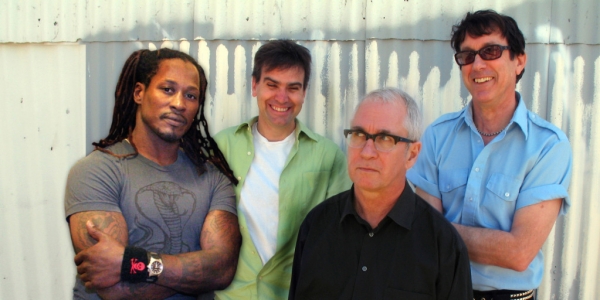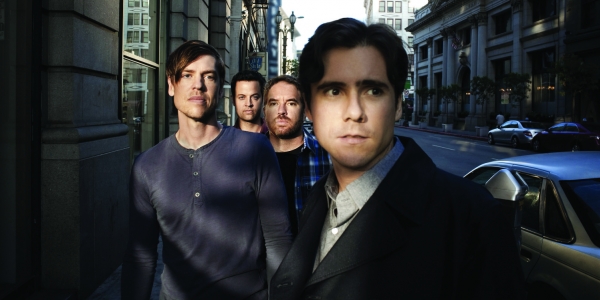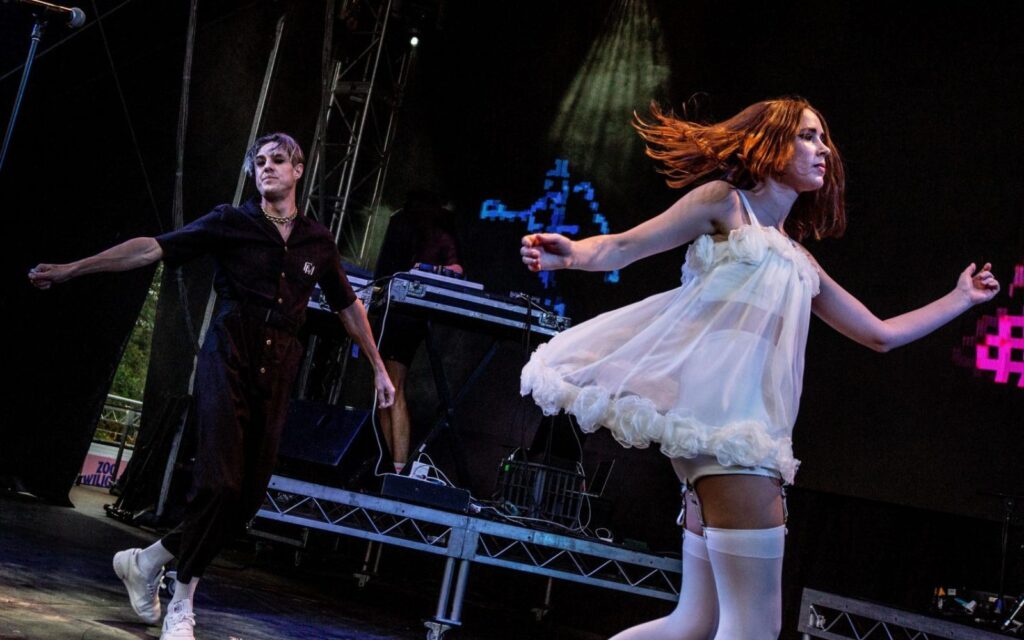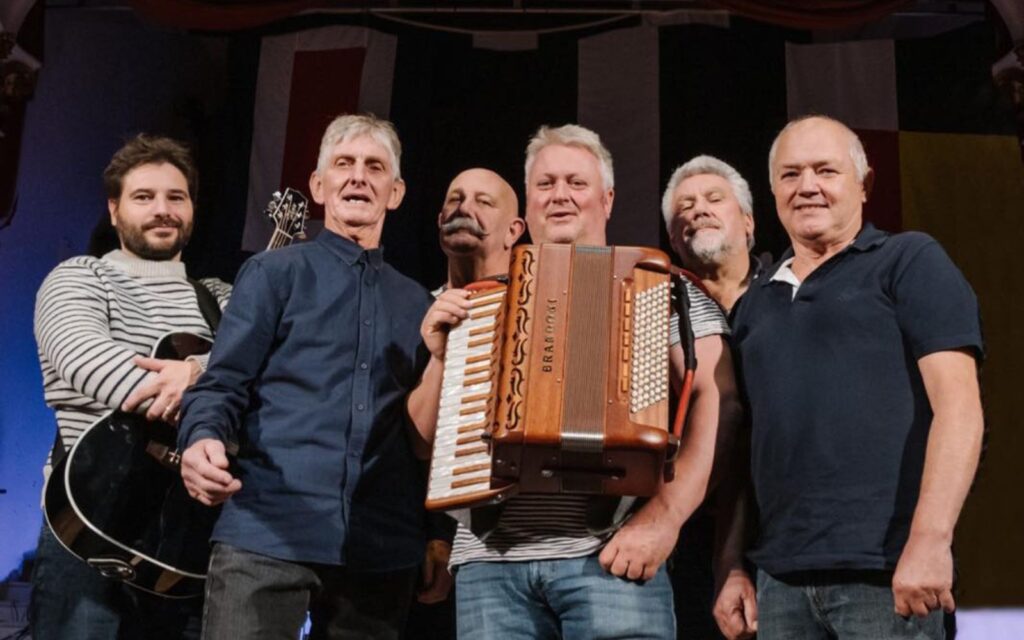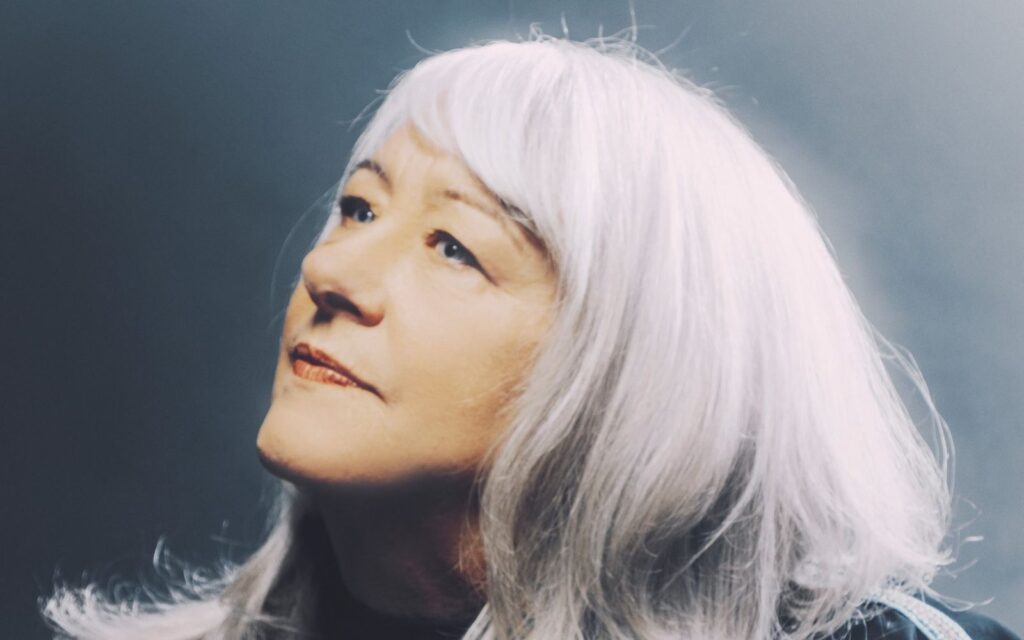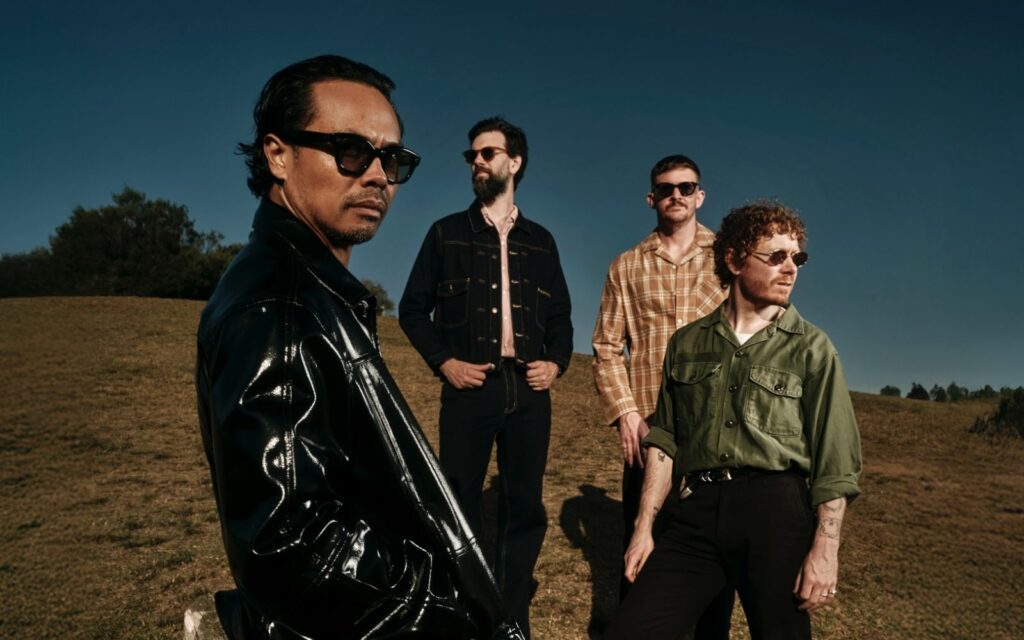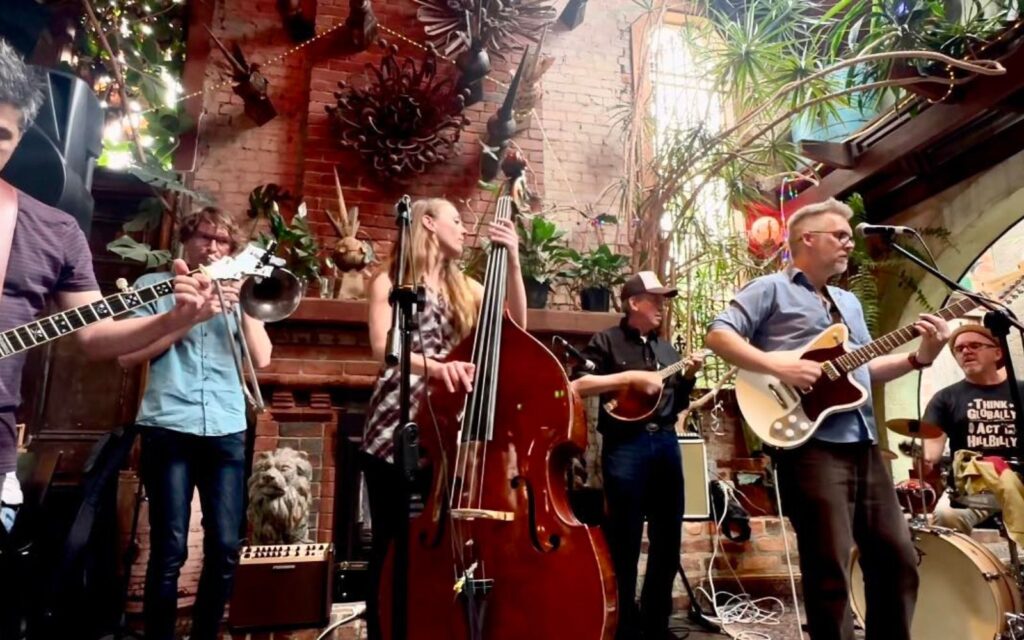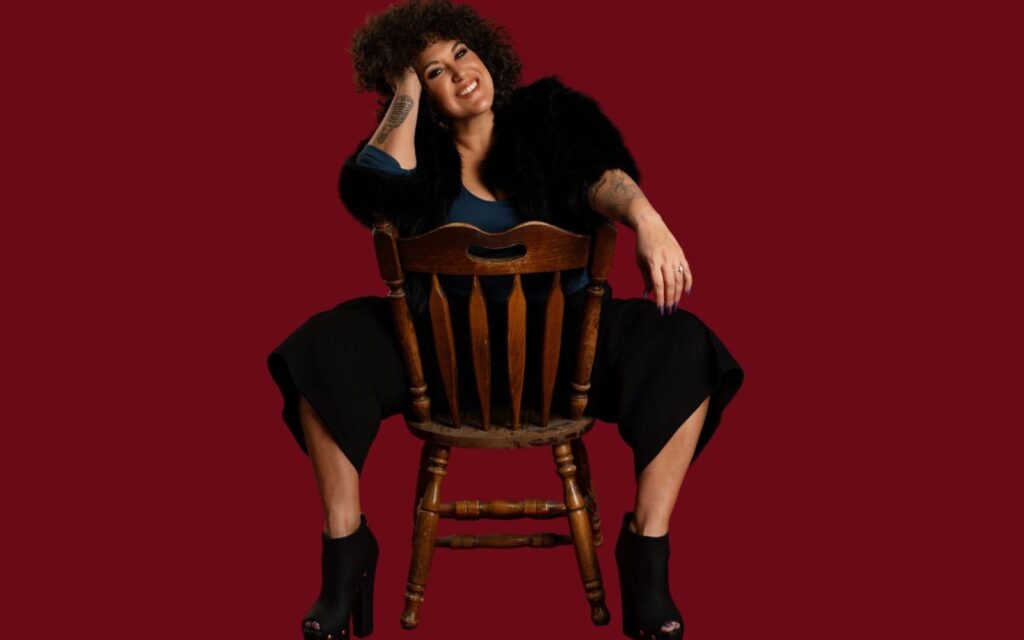In 1977, Raymond Pepperell, better known to the rock ’n’ roll world as East Bay Ray, guitarist and founding member of legendary San Franciscan punk band the Dead Kennedys, posted an advertisement looking for a lead singer to join Pepperell’s fledgling punk rock band.
In 1977, Raymond Pepperell, better known to the rock ’n’ roll world as East Bay Ray, guitarist and founding member of legendary San Franciscan punk band the Dead Kennedys, posted an advertisement looking for a lead singer to join Pepperell’s fledgling punk rock band. The ad was answered by a young and verbose kid from Denver, Colorado, going by the name Jello Biafra. Not long after Biafra would gift the band the name Dead Kennedys courtesy of a friend of Biafra’s. “There’s several mysterious stories about the name,” Pepperell says. “A friend of Biafra’s had it, and Biafra co-opted it.”
The Dead Kennedys were influenced by both the prototypical American punk movement epitomised by The Stooges, the MC5 and The Dictators, as well as the English scene represented by The Clash and the Sex Pistols. In typically provocative fashion, in 1979 the Dead Kennedys chose to play a gig on November 22, leading to a spate of shock-horror tabloid reactions. “That was definitely a publicity stunt – it was inspired by the Sex Pistols and Malcolm McLaren,” Pepperell says. “I had a quote from the time: people should’ve been more concerned with the assassinations of people like Robert Kennedy and Martin Luther King – that was far more bad taste than the name Dead Kennedys.”
While Biafra is still seen as the driving force behind the Dead Kennedys’ political agenda, Pepperell says it was his ideas that Biafra turned into catchy politically charged lyrics. “A lot of the ideas were more mine,” he says. “Biafra’s good at writing lyrics, but myself and Klaus [Fluoride] were better at coming up with the ideas. Biafra was better at putting the ideas into bumper sticker form,” Pepperell says.
The child of politically active parents and a resident of the city of Oakland, just across the bay from San Francisco, Pepperell was already steeped in the political rhetoric with which Dead Kennedys would become associated. “I was raised that way,” Pepperell says. “My dad was into jazz and blues when things were still segregated – he used to sneak into clubs to see the music. Later on in the 1960s my Mum and Dad helped in the civil rights movement,” Pepperell explains.
The Dead Kennedys went on to become one of the most important punk bands from the second wave of American punk. Along the way the band made almost as many enemies as it made fans, earning the ire of politicians and industry figures for its brazen and outspoken attitude to both its music and the surrounding political environment.
In 1986 the Dead Kennedys were confronted with an obscenity suit after authorities took issue with the cover of the band’s 1985 album, Frankenchrist, which included a poster featuring The Penis Landscape by artist HR Giger. The trial would drag on for a couple of years, by which time the Dead Kennedys had called it a day. Pepperell says speculation that the Dead Kennedy’s demise was inextricably linked to its legal problems is misguided. “It had nothing to do with it,” he says. “That’s an urban myth. The band had actually decided to break up in January 1986, and we decided to finish up with Bedtime For Democracy,” Pepperell says. “And then the court battles came up. Biafra tended to play up the victim aspect, but the break-up had already been decided.”
Pepperell says the Dead Kennedys had already grown disillusioned with the local punk scene. Once a hotbed of artistic cross-pollination, the scene had mutated subliminally into a predictable institution with its own rigid structures and norms. “Early on you’d be able to go to see a diverse line-up every night,” Pepperell says. “But then about 1982 or 1983 the scenes started to split apart, and you lost that fertilisation.”
After the band’s break-up the members of the Dead Kennedys went their separate ways; the charismatic Biafra quickly found an audience for his conspiracy-laden spoken word critiques of American foreign, economic and social policy. In the late 1990s the other members of the Dead Kennedys discovered that Biafra, who co-owned the band’s label, Alternative Tentacles, had been under-paying the rest of the band for royalties on the Dead Kennedys back catalogue.
While it was subsequently accepted (not always willingly) that the underpayment was an accounting error, the legal action provoked a split between Biafra and his former band mates that has continue to the current day. “To put a long story short, Biafra is a charismatic speaker, but he stole royalties from us,” Pepperell says. “He’s been lying to the press, and he’s a fake and a hypocrite. But it’s a bit like Santa Claus – when you’re a kid, you believe in Santa Claus. Later on you realise Santa Claus doesn’t exist, but that the spirit of Christmas lives on. And that’s like with the Dead Kennedys – the spirit lives on,” Pepperell says. (Biafra has also accused the other members of the Dead Kennedys of wanting to licence the band’s music for a television commercial, a charge Pepperell has denied emphatically.)
In 2004 the remaining members of the Dead Kennedys – Pepperell, Fluoride and drummer DH Peligro – released an archival live record and decided to play a release party. “DH came up with the idea to play some songs at the launch,” Pepperell says. “And then we decided to go with it – we realised that the music and the message were bigger than any personality.” While Biafra has continued to throw occasional barbs (and the odd critical lyric) toward his former band mates, the Biafra-less Dead Kennedys have returned as a going concern, drafting in a succession of lead singers to take Biafra’s place (former Wynona Riders singer Ron ‘Skip’ Greer the latest draftee).
As for the political situation in his country, Pepperell is equivocal. “I think some things are better than they were, and some things are worse. But economically,” he says, “things have just got a whole lot worse.”
DEAD KENNEDYS are playing Billboard The Venue tonight, Wednesday April 6. For information, check billboardthevenue.com.au.
